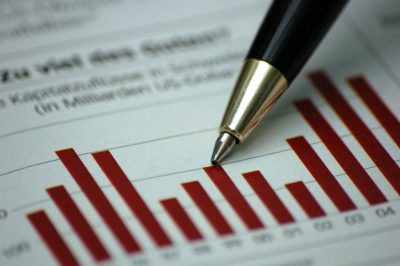
Getting out of debt can be a life-changing decision that requires a full commitment on your part. Becoming debt-free goes beyond paying off credit cards and student loans, it also means avoiding it at all costs. Take time to examine your spending habits, learn to budget appropriately, and understand what it means to plan for the future. Avoid these common mistakes when setting up a plan to pay down your debt.
Same Spending Habits
If your bad spending habits contributed to your current debt in the first place, paying off the debt is simply treating the symptom and not the cause. You need to take a deep and honest look at your life and at ways to cut down on your discretionary spending habits. Cutting out recurring subscription services and visits to fast-food restaurants is just one step on the long road to recovery. If your first instinct is to whip out your credit card to make payments, you may revisit your finances.
Not Seeking Help
If you know you need help reviewing your spending habits, reach out to someone who can help you. Financial counselors and debt consolidation agencies may be able to help. These organizations employ fully trained debt-relief professionals who will find the best solution for your specific situation.
Snowballing Payments
Most people who find themselves in overwhelming debt are tackling too many payments at once. Debt consolidation is designed to address this overwhelming problem, however it is not the only solution. If you have several high-interest credit cards, you should tackle the one with the highest interest rate first. Once that credit card is paid off, combine the payment amount on the next card. This way, you can build a snowball payment that will pay off your credit cards much faster. The overarching goal is to pay as little in interest as possible, and this method helps achieve that.
No Emergency Savings
People who are committed to a debt reduction plan may take it too far by ignoring emergency savings. It’s been suggested that 57% of Americans can’t cover an expense of $500 or more. You can never be sure when you might fall victim to job loss or an unfortunate accident. Experts say you should have anywhere from three to six months of expenses in your fund. Start by setting aside $500 as a goal, then keep adding to it. Once all of your debt is paid off, you can increase your emergency contribution.
Not Refinancing High-Interest Loans
High-interest student debt can take years to pay off if you don’t refinance student loans. You should always be looking for opportunities here. Student loan debt should be prioritized in your payment schedule since it is a very high-interest loan. Also, consider calling any credit card companies and ask them to lower your APR. As long as you still have good credit, most companies are willing to give a promo-APR for a specified period. Take advantage of that to get the card paid off as soon as possible.
Not Having A Side Hustle
Reducing expenses can only take you so far in our personal finance journey. There are times when it’s more beneficial to figure out ways to earn more than to spend less. If your current job isn’t bringing in as much as you would like, or even need, it’s time to find a side hustle. With so many remote opportunities available to us online, you can find fairly easy ways to supplement your income without even leaving the comfort of your own home. Eventually you may realize that your side hustle has the means to become your full-time gig.










